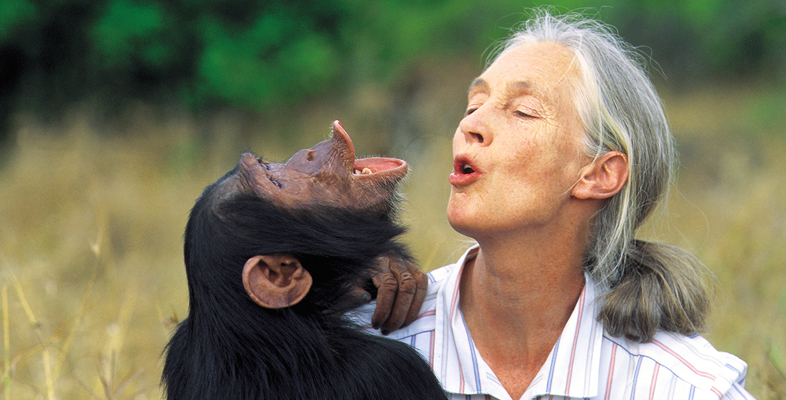1 Everyday perspectives: animal minds
Humans have a tendency to interpret behaviour as goal-directed. They use this interpretation to arrive at explanations for that behaviour and about the people showing it, including their intentions, emotions, knowledge and so on. Psychologists have called these
When it comes to animals, and humans’ relationships with them, there are a number of important questions that psychologists have considered.
- Does ToM, which allows people to understand that other humans have minds, also cause people to assume that animals have human-like minds?
- Do animals actually have minds and, if so, to what extent are they like human minds?
- Is ToM a uniquely human ability?
Before reading further, complete Activity 1.
Activity 1 Thinking about animal minds
Try to answer the following questions about animal minds, drawing on your own experiences and understandings. Type your responses (up to 100 words for each question) in the box below the three questions, and then select ‘Save’.
- Do animals feel emotions? What evidence is there to suggest that they do?
- Can animals engage in deception?
- How similar or different are humans and animals?
